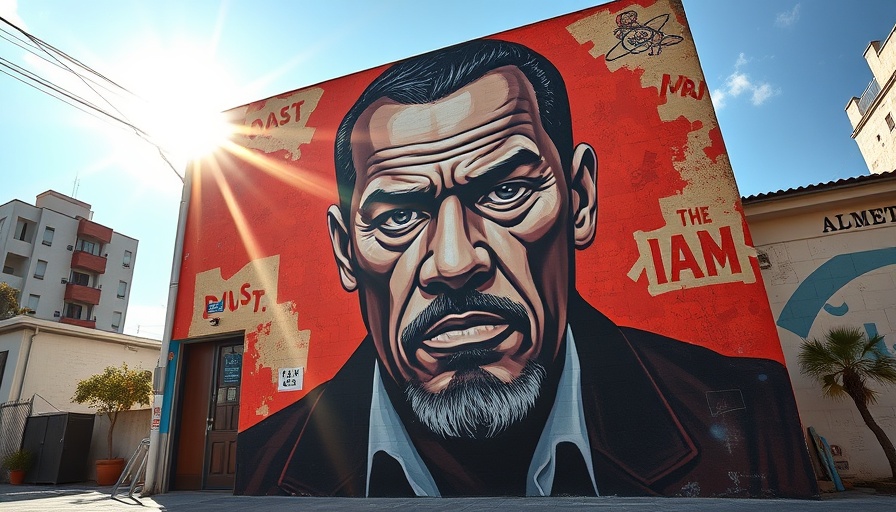
Reflection and Remembrance: The Fifth Anniversary of George Floyd’s Murder
On May 25, 2025, thousands gathered across the United States to commemorate the fifth anniversary of George Floyd’s tragic death, an event that reverberated globally, reigniting discussions about racial justice and police reform. Activists, families, and community members united through poignant memorials, including services, vigils, and cultural events celebrating Floyd’s life while also spotlighting the ongoing struggles against systemic racism.
In Houston, the Rev. Al Sharpton led a moving ceremony at Floyd’s gravesite, drawing parallels between Floyd’s murder and the historical injustices faced by African Americans — notably, the lynching of Emmett Till. "What Emmett Till was in his time, George Floyd has been for this time in history," Sharpton proclaimed, underscoring the significance of the moment as not just a personal loss, but a collective memory of resistance against oppression.
Activism vs. Policies: A Struggle for Progress
These commemorative events come at a critical juncture for activists who initially hoped Floyd’s death would catalyze profound changes in policing and civil rights legislation. However, recent political decisions, notably during the Trump administration, have been perceived as setbacks. The cancellation of settlements aimed at police reform in cities like Minneapolis and Louisville suggests a time of uncertain progress for community advocates.
Michelle Gross of Communities United Against Police Brutality voiced the disappointment among activists regarding the pace of change. “We understand that change takes time,” she affirmed, “However, the progress being claimed by the city is not being felt in the streets.” This sentiment reflects a broader discontent within communities that had mobilized after Floyd's murder, showcasing the essential relationship between activism and systemic change.
The Cultural Context of Commemoration
Floyd’s death became pivotal not just as a flashpoint for protest but also as a moment of cultural awakening. Across the nation, events included musical performances, poetry readings, and public discussions, emphasizing the community’s resilience while also exploring the arts’ role in activism. These gatherings foster an environment where healing and reflection can flourish, binding communities through shared experiences and collective mourning.
In Minneapolis, the heart of the protests, George Floyd Square has evolved into a memorial space, illustrating the merging of artistic expression with social justice. Gatherings there often showcase how art can serve as both a tribute and a catalyst for ongoing dialogue concerning police accountability and racial equality.
Future Predictions: What Lies Ahead for Racial Justice?
As activists reflect on the last five years, they also look forward, considering what strategies can be employed to ensure that the momentum sparked by Floyd’s death doesn't dissipate. Grassroots organizations are likely to continue utilizing digital platforms for advocacy, ensuring that voices are heard and that issues remain at the forefront of public consciousness.
Furthermore, an increasing focus on collaboration among different social groups represents a shift in the landscape of protest and policy reform. This diverse coalition-building may create pathways for more effective advocacy strategies that empower marginalized voices and challenge systemic inequalities directly.
Call to Action: Join the Dialogue
The anniversary of George Floyd’s murder is not simply a day of remembrance; it is a powerful reminder of the continuing struggle for justice and equality. As we reflect on these poignant moments of activism, consider how you can play a role in fostering dialogue and pushing for meaningful change within your communities.
 Add Row
Add Row  Add
Add 

 Add Element
Add Element 


Write A Comment